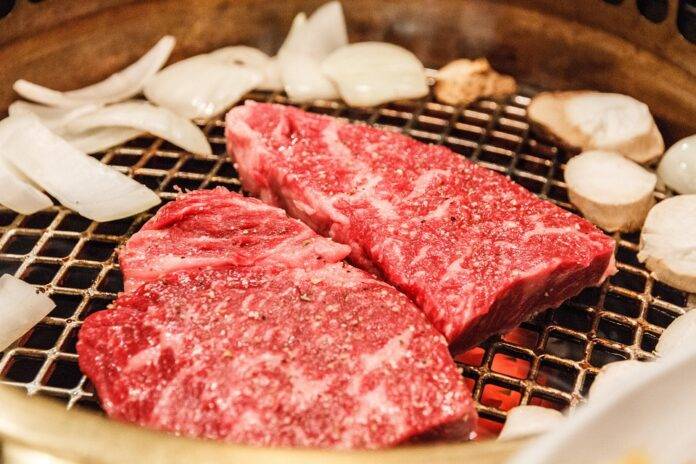The Impact of Currency Fluctuations on Wagyu Beef Trade & Pricing
Wagyu beef is renowned worldwide for its exceptional marbling, tenderness, and flavor profile. Originating from Japan, Wagyu beef has gained popularity in various countries, leading to a global trade network. However, the trade and pricing of Wagyu beef are significantly influenced by currency fluctuations, which can have both positive and negative implications for producers, traders, and consumers alike.
Overview of Wagyu Beef Trade
Wagyu beef trade involves the export and import of high-quality beef from countries such as Japan, Australia, the United States, and others. Japan is the traditional home of Wagyu cattle, known for its strict breeding standards and superior meat quality. However, due to increasing demand for Wagyu beef worldwide, countries like Australia have also developed their own Wagyu industry, producing high-grade beef for export.
The global Wagyu beef trade is a multi-billion dollar industry, with significant volumes of beef being traded annually. Japan remains a key player in the market, exporting premium Wagyu beef to countries like the United States, China, and the European Union. Australian Wagyu beef is also highly sought after, with exports to countries across Asia, North America, and Europe.
Impact of Currency Fluctuations
Currency fluctuations play a crucial role in determining the profitability of Wagyu beef trade. When the currency of a producing country strengthens against the currency of an importing country, the cost of importing Wagyu beef increases for foreign buyers. Conversely, when the currency weakens, importing Wagyu beef becomes more affordable for foreign buyers.
For example, if the Japanese Yen strengthens against the US Dollar, the cost of importing Wagyu beef from Japan to the United States would increase. This could lead to higher prices for consumers in the US, potentially impacting demand for Wagyu beef. On the other hand, if the Yen weakens, US importers may benefit from lower prices, leading to increased demand for Japanese Wagyu beef.
Financial Implications
The financial implications of currency fluctuations on Wagyu beef trade can be significant. Producers and exporters may face challenges in pricing their products competitively in foreign markets when their local currency strengthens. Conversely, a weaker local currency can provide exporters with a competitive advantage, making their products more attractive to foreign buyers.
In addition, currency fluctuations can impact the profitability of traders involved in the Wagyu beef supply chain. Fluctuating exchange rates can lead to fluctuations in profit margins, making it challenging to forecast pricing and profitability accurately. This uncertainty can create risks for traders and investors in the Wagyu beef market.
Data and Statistics
According to industry reports, the global Wagyu beef market was valued at over $8 billion in 2020, with steady growth projected in the coming years. Japan remains the largest exporter of Wagyu beef, accounting for a significant share of the market. Australia is also a key player in the industry, with a growing export market for high-quality Wagyu beef.
Currency fluctuations have a direct impact on the pricing of Wagyu beef in international markets. For example, a 10% increase in the value of the Japanese Yen against the US Dollar could result in a 10% increase in the cost of importing Japanese Wagyu beef to the US. This increase in cost could be passed on to consumers, affecting demand for Wagyu beef in the US market.
Conclusion
In conclusion, currency fluctuations play a critical role in shaping the dynamics of Wagyu beef trade and pricing. Producers, traders, and consumers must closely monitor exchange rates and adjust their strategies accordingly to navigate the volatility in the market. By understanding the impact of currency fluctuations on Wagyu beef trade, stakeholders can make informed decisions to optimize profitability and sustainability in the industry.
Overall, the global Wagyu beef market remains robust, with strong demand for high-quality beef driving growth in the industry. However, currency fluctuations present both challenges and opportunities for stakeholders, requiring a strategic approach to managing risks and maximizing returns in the ever-evolving market landscape.

